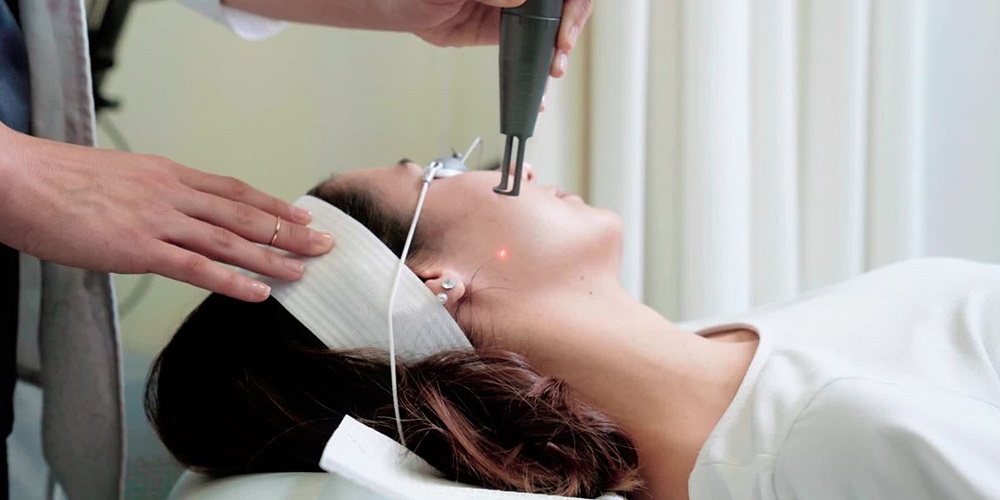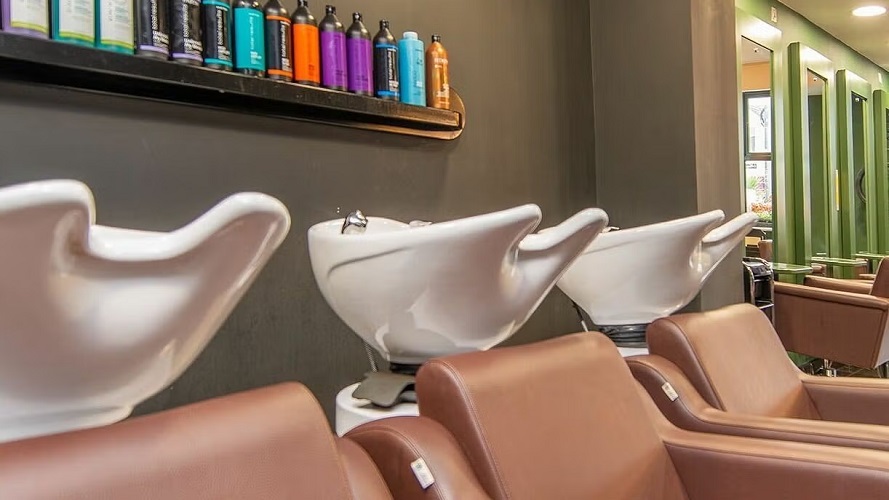Discover the latest health tips, news, and wellness advice on PressUAE. Stay informed about fitness, nutrition, medical advancements, and more to live a healthier life in the UAE
Why You Should Eat a Protein Breakfast
Eating a protein breakfast helps to balance your blood sugar, keeps you feeling full longer, and supports muscle repair after workouts. In the UAE, where the fast-paced lifestyle can lead to skipped meals or unhealthy choices, a quick, nutrient-packed breakfast is essential.
Where to Find Protein Breakfast Ingredients in UAE
You can find high-quality protein yogurt, fresh and frozen berries, chia seeds, and other healthy items at local stores like Carrefour, Lulu Hypermarket, Spinneys, and Waitrose. Online delivery services like Kibsons and Instashop also stock these nutritious ingredients.
1. Berry Protein Yogurt Bowl
A colorful, antioxidant-rich bowl to kickstart your day.
Ingredients:
-
1 cup of protein yogurt (Greek or Icelandic)
-
¼ cup blueberries
-
¼ cup raspberries
-
4–5 sliced strawberries
-
1 tablespoon chia seeds
-
1 teaspoon honey (optional)
Instructions:
Add protein yogurt to a bowl and top with mixed berries. Sprinkle chia seeds and drizzle honey on top.
2. Protein Smoothie with Berries and Oats
Perfect for on-the-go mornings or post-workout fuel.
Ingredients:
-
1 cup unsweetened almond milk
-
½ cup protein yogurt
-
½ banana
-
¼ cup oats
-
½ cup mixed berries (blueberries, raspberries, strawberries)
-
1 scoop protein powder (optional)
Instructions:
Blend all ingredients until smooth. Pour into a glass or shaker bottle and enjoy.
Benefits:
This protein breakfast smoothie offers fiber from oats, antioxidants from berries, and sustained energy through protein.
3. Overnight Protein Chia Pudding
Prepare this the night before for a stress-free morning meal.
Ingredients:
-
½ cup protein yogurt
-
½ cup almond milk
-
2 tablespoons chia seeds
-
¼ cup chopped strawberries
-
¼ cup blueberries
Instructions:
Mix yogurt, almond milk, and chia seeds in a jar. Stir well and refrigerate overnight. Top with berries before eating.
4. High-Protein Toast with Berries and Nut Butter
A crunchy, sweet, and savory combo that’s satisfying and nutritious.
Ingredients:
-
1 slice whole grain bread
-
1 tablespoon almond or peanut butter
-
¼ cup sliced strawberries and blueberries
-
Sprinkle of flax or hemp seeds
Instructions:
Toast the bread, spread the nut butter, and add fruit and seeds. This protein breakfast option is great for those who prefer something crunchy.
5. Protein Pancakes with Yogurt and Fruit Topping
For a weekend treat or a hearty start to your day.
Ingredients:
-
1 banana
-
2 eggs
-
¼ cup protein powder
-
½ teaspoon baking powder
-
Protein yogurt and berries for topping
Instructions:
Mash the banana and mix with eggs and protein powder. Cook pancakes in a non-stick pan. Top with yogurt and fruit.
Additional Protein-Boosting Ingredients to Include
To increase your protein breakfast intake without much effort, consider these UAE-available add-ins:
-
Chia seeds: High in fiber and plant-based protein.
-
Flax seeds: Great source of omega-3 fatty acids.
-
Protein powder: Whey, pea, or casein options.
-
Almonds or walnuts: Add crunch and healthy fats.















 Ticket Information
Tickets for the Dubai Chocolate Fair are available at the event and through pre-purchase online. Pre-purchase means these early bird tickets will be at a special rate in addition to reasonable prices. The regular entrance fee only allows an individual to see most of the main expositions, performances and the like, but a VIP ticket also provides an individual special tastings and even the possibility for a meet-and-greet with the top chocolatiers.
Health and Safety
The organizing team has put measures in place for visitors to the event to be safe and to have a magnificent time. Measures for health and safet y, such as sanitation stations, will be placed for all to be comfortable; there has been consideration of protocols for social distancing.
Ticket Information
Tickets for the Dubai Chocolate Fair are available at the event and through pre-purchase online. Pre-purchase means these early bird tickets will be at a special rate in addition to reasonable prices. The regular entrance fee only allows an individual to see most of the main expositions, performances and the like, but a VIP ticket also provides an individual special tastings and even the possibility for a meet-and-greet with the top chocolatiers.
Health and Safety
The organizing team has put measures in place for visitors to the event to be safe and to have a magnificent time. Measures for health and safet y, such as sanitation stations, will be placed for all to be comfortable; there has been consideration of protocols for social distancing.

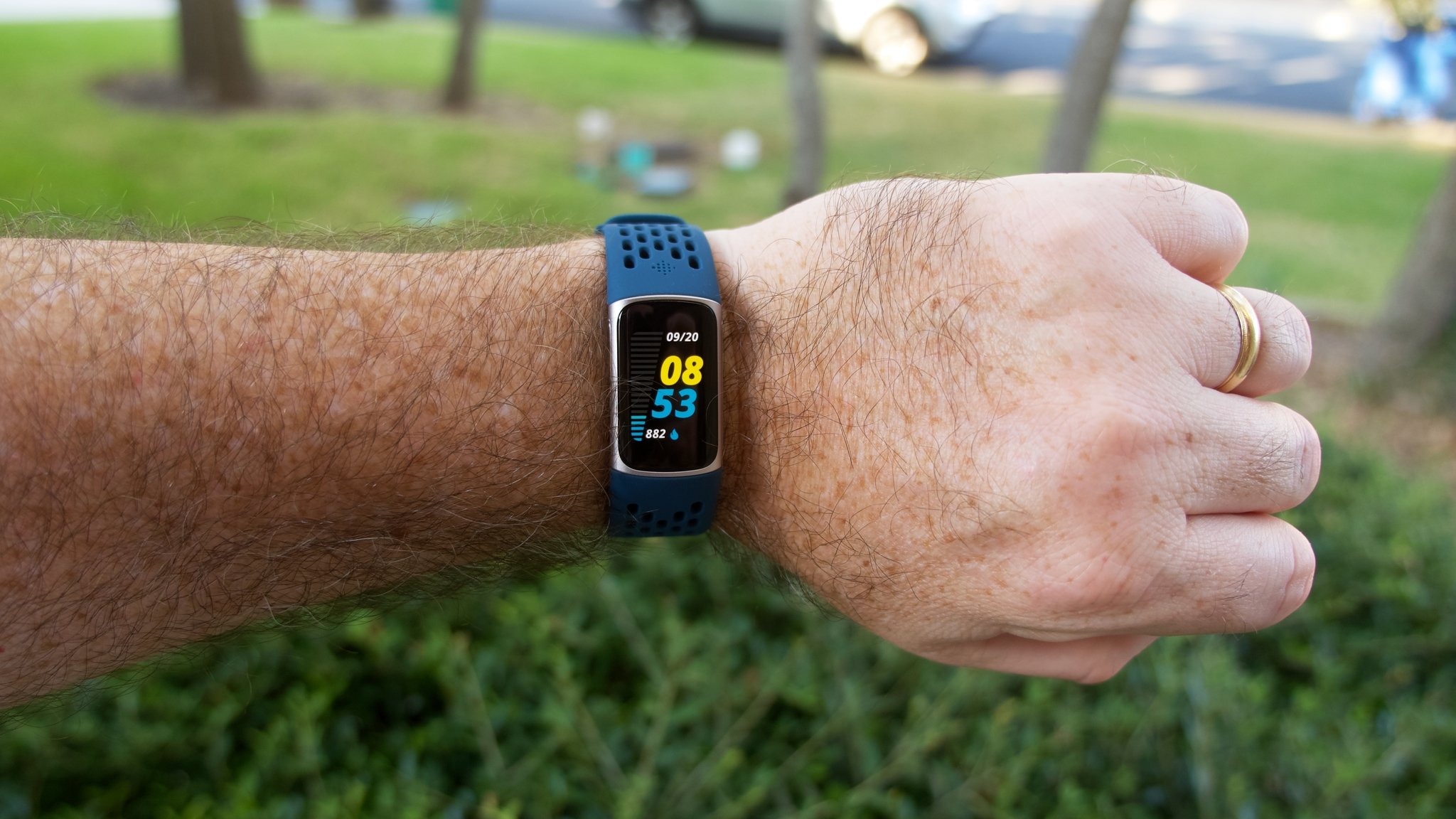
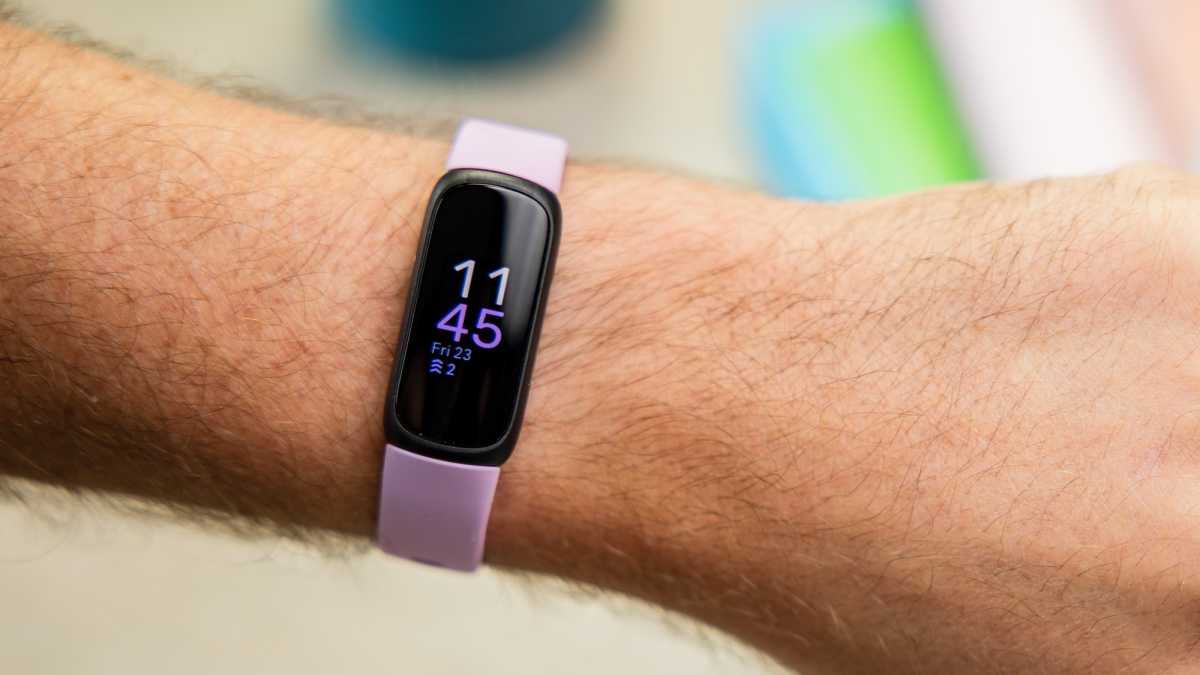

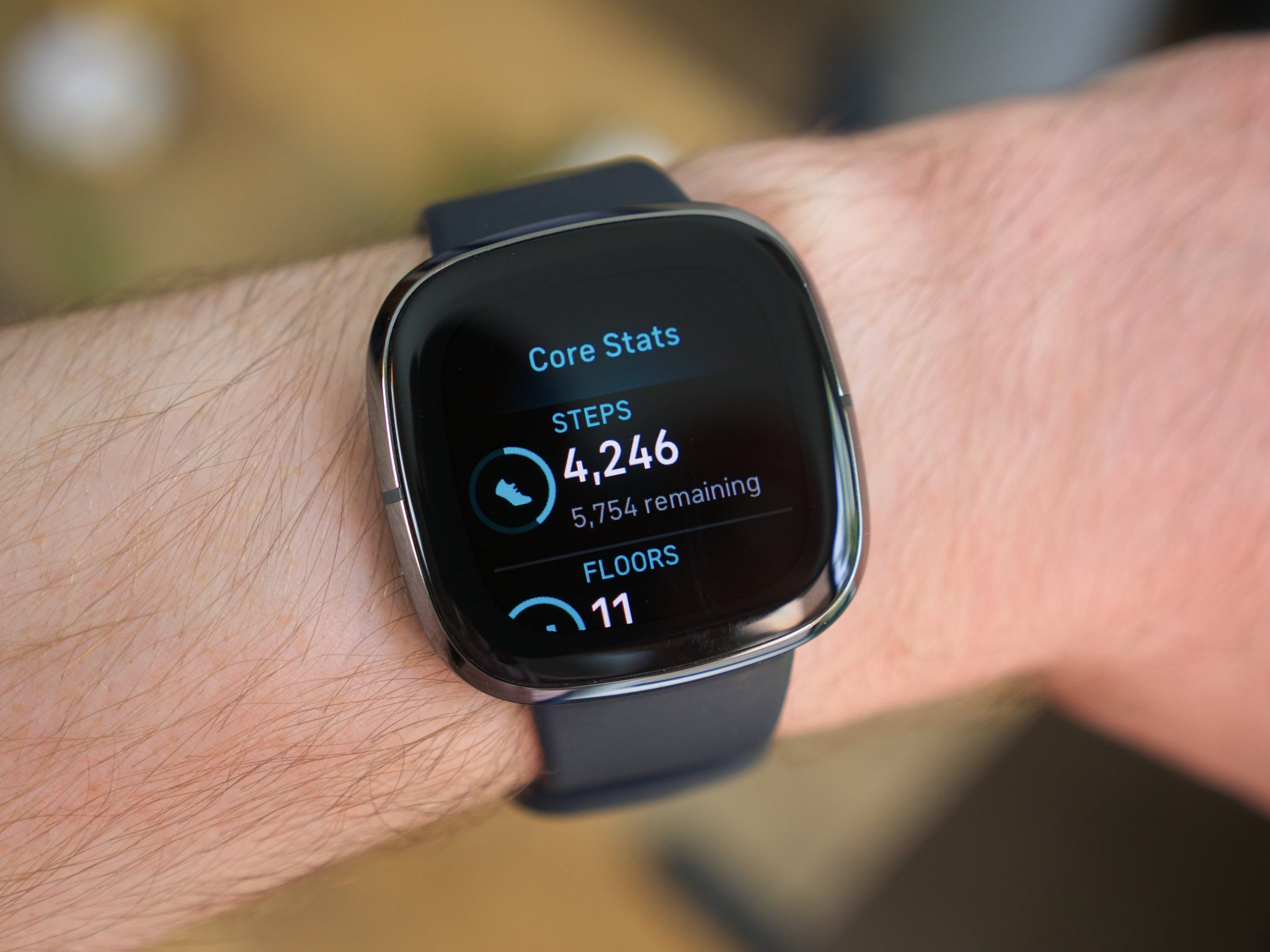
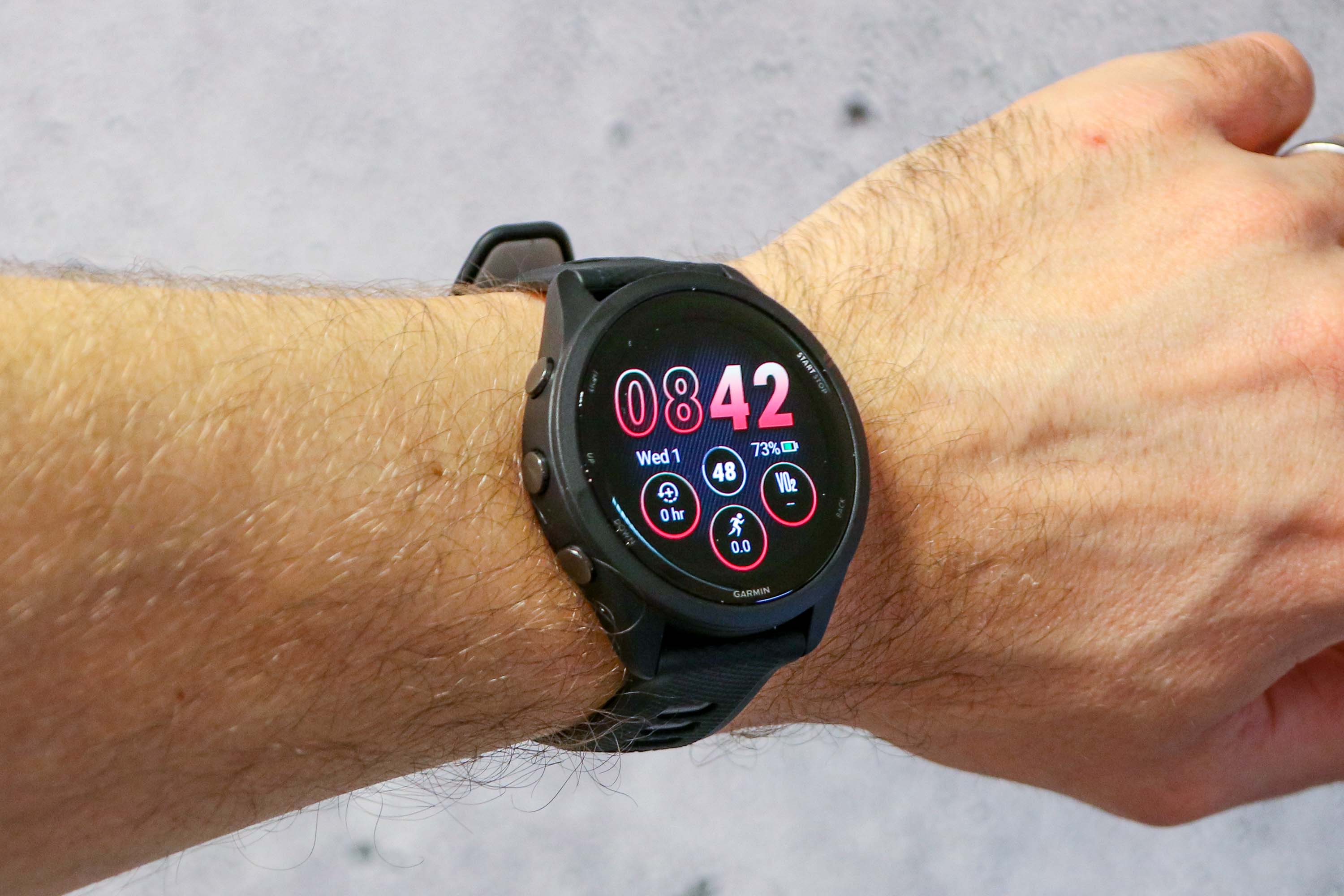

:format(webp)/cdn.vox-cdn.com/uploads/chorus_asset/file/24809270/236731_Samsung_Galaxy_Watch_6_OGrove_0011.jpg)




